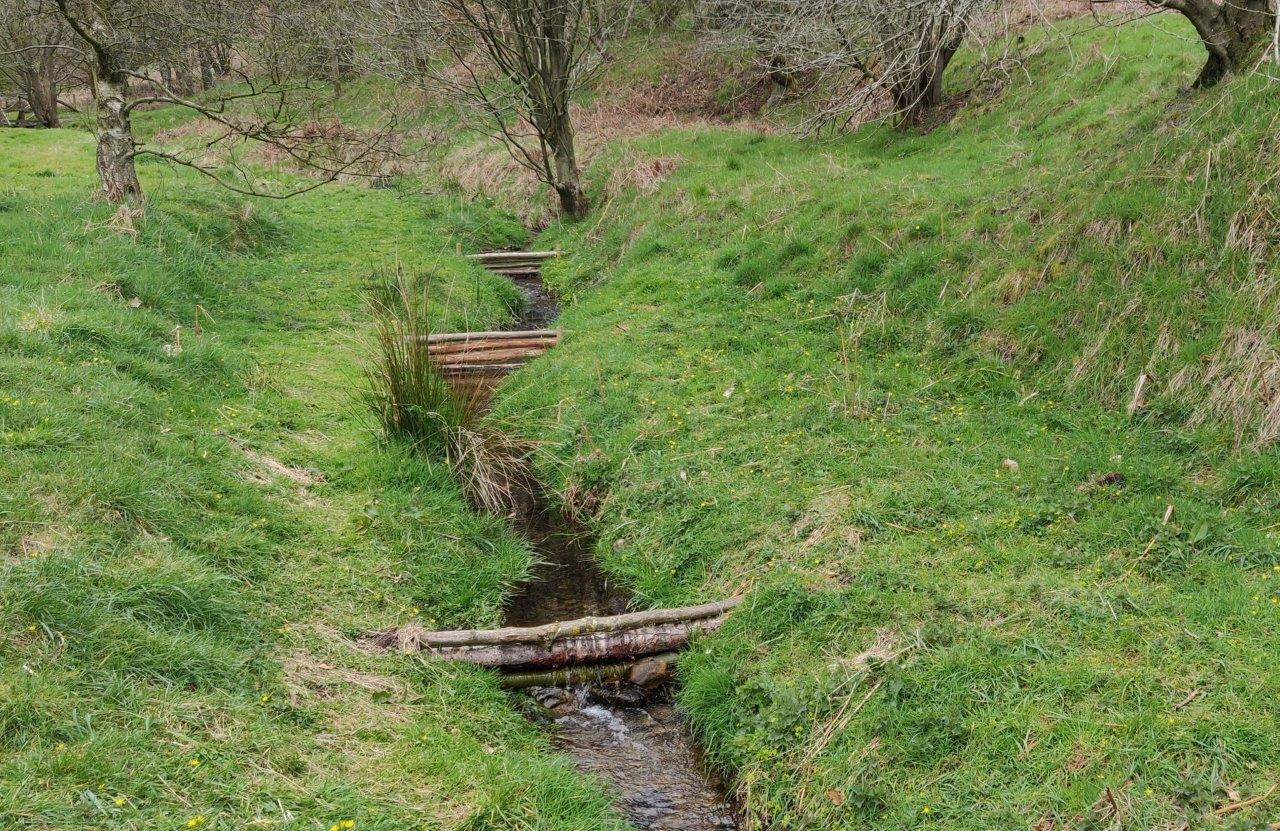Project Overview
The challenge
Flood hazard and risk are set to double by 2050 as a result of climate change. Being prepared is key to improving the resilience of communities to these extreme events.
Children and young people experience disasters first-hand but often have a very different viewpoints from adults.
Our 360 immersive videos build on research conducted by our Lancaster University partners into the experiences of children and young people affected by flooding, by bringing the children’s stories to life and inviting the viewer to experience the stories from a child’s eye view.
360 immersive storytelling technology is a powerful means to help viewers better understand the effects of flooding and raise awareness of the need to be better prepared.
Our team has been supported by the Environment Agency to work with teachers and young people to co-develop a set of teaching and learning resources to accompany these videos. The aim is to explore how the immersive videos can contribute to better understanding and action on flood risk among a new generation of young people.
Help Callum and Help Sali Teaching and Learning Resources
The resources are aimed at Key Stages 3 and 4 and centre around a sequence of three lesson plans that encourage students to explore the issues raised by the videos in more detail and build on this learning by planning local action on flood risk.
Feedback from schools has told us that the project’s unique approach of combining real children’s experiences with immersive storytelling techniques is a powerful catalyst to action on flood risk amongst their students.
Engaging with these resources has helped to build young people’s sense of agency, motivating them to better understand flood risk in their local community and to explore the actions that their families, themselves and decision makers can take to prepare for future flooding events.
Our team is now evaluating these resources so that we can better understand the needs of teachers and young people in promoting climate literacy. We have created an evaluation survey form and would welcome your feedback on our resources.
We are also looking for other groups to test the resources. If you would like to take part or have any issues downloading the resources, please contact Katie Parsons on k.j.parsons@lboro.ac.uk.
Help Callum
Help Sali
Learning Resources
Help Callum and Help Sally: Teaching and Learning Pack
Help Callum and Help Sali: PowerPoint Slides Lesson 1
Help Callum and Help Sali: PowerPoint Slides Lesson 2
Help Callum and Help Sali: PowerPoint Slides Lesson 3
Help Callum and Help Sali: Discussion Prompts Lesson 1
Help Callum and Help Sali: Discussion Prompts Lesson 2
Help Callum and Help Sali: Discussion Prompts Lesson 3
Evaluation Survey
More Recent Projects
The Holderness Coast
The Holderness Coast The Holderness Coast is one of world’s fastest receding coastlines with an annual average erosion rate of two metres per year and is highly geomorphologically active. Coastal…
Hackathon in 360 for Engagement
Learning resources for the NERC Discipline Hopping hackathon
Natural Flood Management
Explore 3D models and 360 videos of natural flood management interventions from across the UK.




